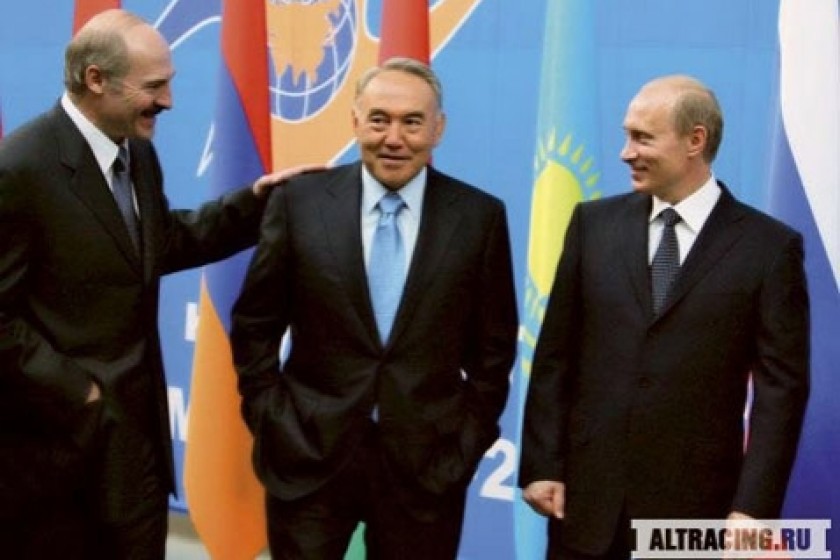
Customs Union Consequences: Prices Will Rise in Armenia Absent a Market Reorientation
When the Customs Union was formed, everyone in Kazakhstan was surprised when prices for foodstuffs, cars and fuel immediately increased. The same situation awaits Armenia.
According to Armenia’s Ministry of the Economy, this situation will push up the overall inflation rate by 1.5%. This might well be the case, but certain commodities will see price rises of between 10 to 15%; these include dairy products, meat and sugar.
The reason can be found in the strong protectionist policies enacted by the Customs Union (CU) to defend the domestic market. Those sectors in the CU that are well developed are protected by specially placed high customs tariffs. There is nothing out of the ordinary in this. Numerous countries, including neighboring Turkey and Iran, enact such a policy. Other methods are used in order to protect the domestic market in developed countries; technical regulations and sanitary requirements, for example. The use of customs tariffs is a cruder form of protection and is employed in less developed states.
In any event, the CU employs the tariff method of defense, given that quality control systems aren’t that well developed. Belarus and Russia have well developed automobile, dairy and meat manufacturing sectors. Thus, these sectors fall under protectionist policies. As a rule, the tool used is a 25% customs tariff; although lower tariff rates also exist. Right now in Armenia, custom tariffs of 0% or 10% are in place. Consequently, we are confronted with 10-15% inflation for certain goods.
But this is the case if the goods are imported from countries other than those in the CU. For example, Toyota passenger cars are manufactured in Russia. If and when Armenia joins the CU, these auto imports, which are now slapped with customs tariffs, will be 10% cheaper. Cars imported from Georgia and Europe, on the other hand, will become more expensive; and dramatically so.
If the Armenian market were to be restructured so that the bulk of imports would come from the CU, the price rises would be limited. But the market has evolved in such a manner that foodstuffs, fuel and autos are basically not imported from the CU.
It’s difficult to imagine that Armenia’s business sector will undergo a reorientation to Russia and Belarus any time soon. This is especially the case with large oligarchs would import sizeable amounts of foodstuffs and fuel from Ukraine, Europe and South America.
Thus, if Armenia does eventually join the CU, the level of price hikes will mainly depend on how fast Armenian business can reorient itself.
 Videos
Videos Photos
Photos
Comments (1)
Write a comment